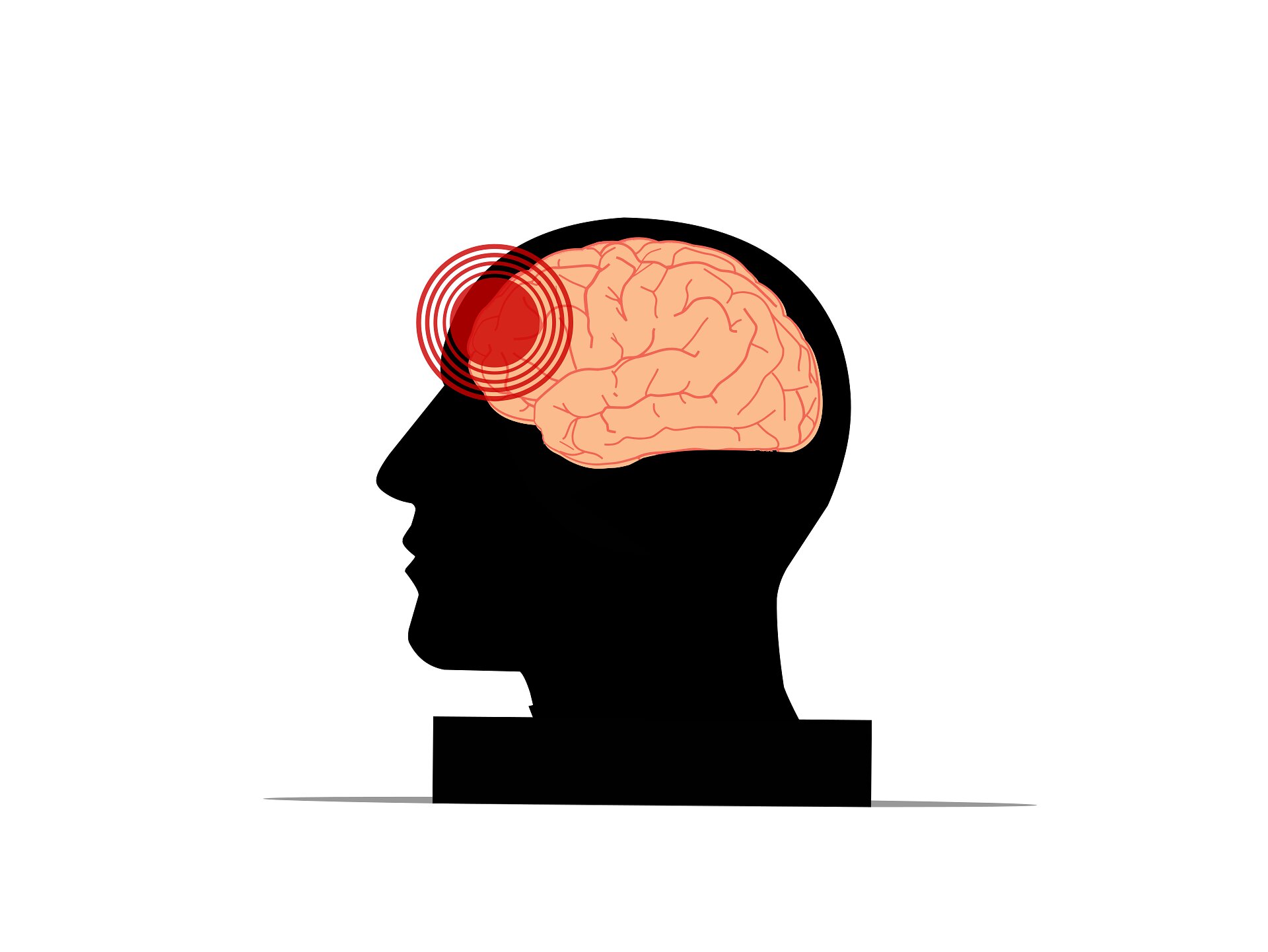
Scientists at Kessler Foundation reported results from a randomized controlled trial examining the influence of processing speed on treatment benefits of the Kessler Foundation modified Story Memory Technique (KF-mSMT) in individuals with moderate to severe traumatic brain injury (TBI). They found that processing speed played a role in benefit from the KF-mSMT on a list learning task, but not on a prose memory task.
Their article, “The influence of information processing speed on benefit from learning and memory rehabilitation in TBI: a sub-analysis of the TBI-MEM trial,” was published in Brain Injury.
Individuals with TBI often sustain a variety of cognitive impairments including deficits in attention, processing speed, executive functions, and memory. These impairments can have substantial negative effects on their abilities to function in everyday life.
For example, impairments in processing speed and memory are recognized as specific obstacles to maintaining meaningful employment. Cognitive rehabilitation can help restore new learning and memory functioning; however, research shows that treatment efficacy may be influenced by cognitive deficits in other cognitive domains.
In the current study, the research team looked at the influence of processing speed on outcomes from the KF-mSMT, a well validated cognitive rehabilitation program effective for improving learning and memory in individuals with moderate to severe TBI.
The study involved 62 individuals with moderate-to-severe TBI (31, treatment group; 31, control group). All were tested at baseline with the California Verbal Learning Test, Second Edition (CVLT-II), Memory Assessment Scales—Prose Memory (MAS-PM), and the Symbol Digit Modalities Test (SDMT).
“We found that processing speed was significantly associated with the efficacy of the KF-mSMT on the task of verbal list learning,” said Dr. Chiaravalloti, director of the Centers for Neuropsychology, Neuroscience, and Traumatic Brain Injury Research. “In contrast, we saw no association with prose memory, a finding that is interesting to consider.”
“Verbal list learning requires patients to organize the information to be learned on their own, while the prose memory task is pre-organized,” Dr. Chiaravalloti stated. “Unlike prose memory, list learning requires more effort and attention, as well as processing speed, to execute effectively. This may explain the differential influence of processing speed between these tasks.”
These findings underscore the importance of examining the impact of other cognitive skills on memory rehabilitation. “Future research should address impairments in new learning/memory impairment and processing speed in individuals with moderate-to-severe TBI,” Dr. Chiaravalloti added. “Because of the fundamental role of processing speed in higher order cognition, treating deficits in processing speed is likely lead to optimal outcomes.”
More information:
Nancy D. Chiaravalloti et al, The influence of information processing speed on benefit from learning and memory rehabilitation in TBI: a sub-analysis of the TBI-MEM trial, Brain Injury (2023). DOI: 10.1080/02699052.2023.2216024
Journal information:
Brain Injury
Source: Read Full Article
